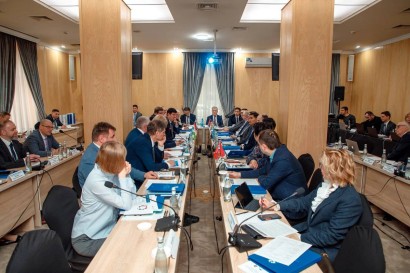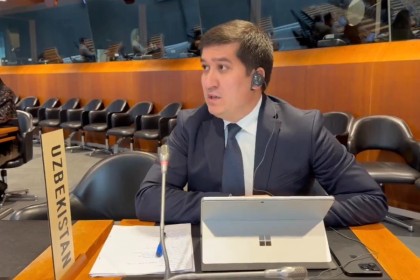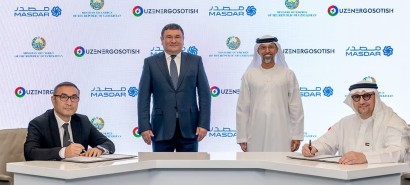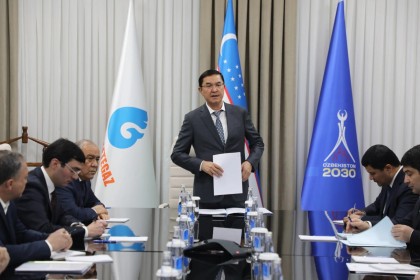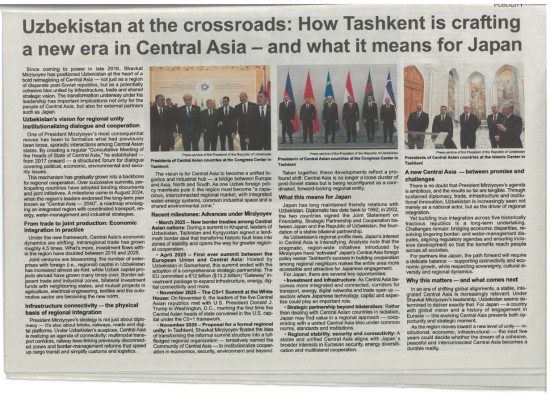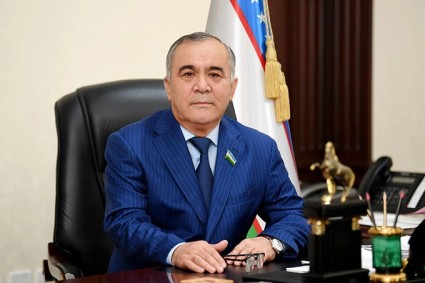A delegation of the Ministry of Investment, Industry and Trade (MIIT) for the first time attended the meeting of the European Union working group on the implementation of the Generalized System of Preferences Plus (GSP+) on December 4-5 in Brussels.
The Uzbek delegation presented the results within the GSP+ framework since receiving beneficiary status in 2021. Exports to the EU during this period increased almost 3-fold, reaching $1.15 billion, a stable supply of over 1,100 items has been established, including agricultural products, textiles, electrical and chemical products, out of 6,200 available.
The delegation proposed expanding the list of goods eligible for GSP+ preferences for duty-free exports by adding fresh fruit and vegetable products to it. The EU was also asked to revise seasonal quotas for their exports, extending the time frame, which should ensure the sustainability of supplies and the competitiveness of products on the EU market.
In addition, they proposed to extend the GSP+ for the next 10 years (it is currently valid until December 31, 2027) in order to keep up the achieved results and with an aim for long-term economic ties with the European Union.
During meetings with the heads of the departments of the European Commission on trade and international cooperation, issues of improving the conditions of access of Uzbek goods to the EU market were also discussed. This concerns the revision of import quotas for rolled metal products, as well as attracting technical support from the EU to adapt Uzbek products to European standards.
GSP+ is an expanded version of the Generalized System of Preferences (GSP) provided by the European Union (EU). It is a trade scheme aimed at promoting sustainable development and poverty reduction in developing countries by facilitating access of their goods to the EU market.



